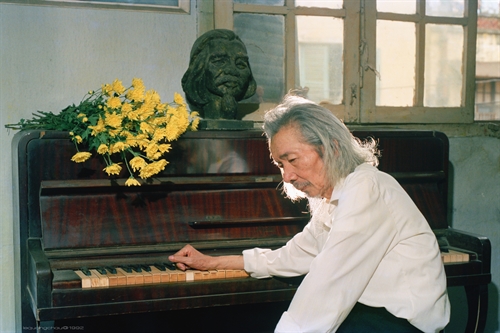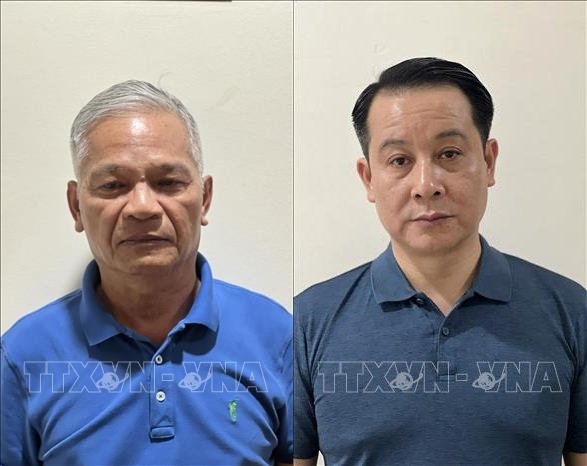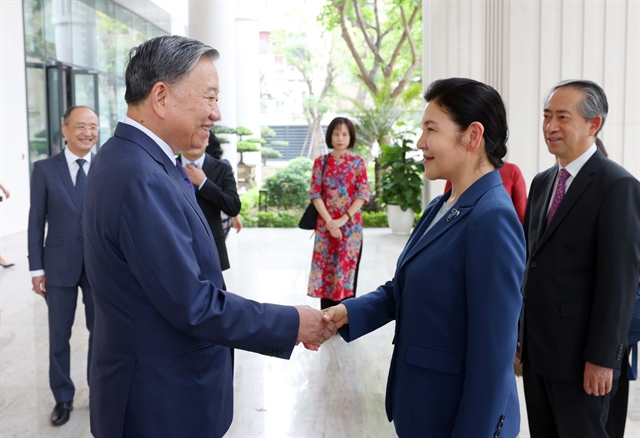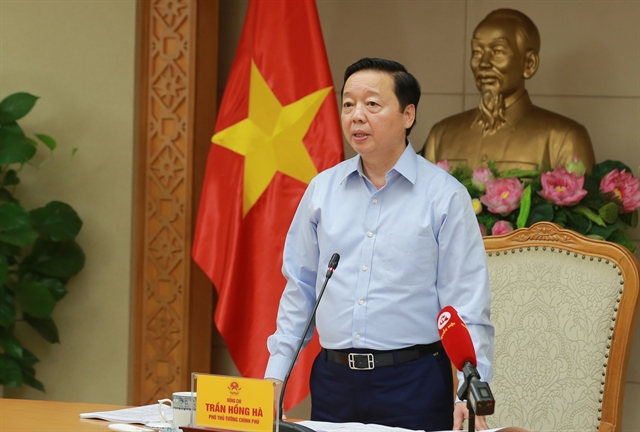 Life & Style
Life & Style

Family members of the late composer Văn Cao recently signed a letter donating the national anthem - Tiến Quân Ca (the Marching Song) - to the State and the Vietnamese people.
 |
| Patriot: Noted composer Văn Cao by his piano. His Marching Song, which has been used as the national anthem, has just been officially donated to the State and Vietnamese people. Photo thethaovanhoa.vn |
HÀ NỘI — Family members of the late composer Văn Cao recently signed a letter donating the national anthem - Tiến Quân Ca (the Marching Song) - to the State and the Vietnamese people.
Painter Văn Thao, the eldest son of the late composer, confirmed this to the online newspaper Dân Trí.
“Our family decided to donate the heroic song to the State and the people as per my father’s wish before he died,” Thao said.
“He finished composing the song in 1944 and when he knew that it was chosen as the national anthem by President Hồ in 1945, he cried,” Thao said.
“My father said ‘From now on the song is no longer mine. It belongs to all Vietnamese people’,” Thao said.
Composer Văn Cao, born in 1923 in the northern city of Hải Phòng, composed hundreds of songs on two main topics of love and heroism.
The Marching Song was adopted as the national anthem of the new Socialist Republic of Việt Nam in 1976, following the reunification of North Việt Nam and South Việt Nam at the end of the American War.
The copyright of the song has belonged to the family since then, but the State has never suggested paying the family for the right to use it.
The composer’s family also never asked for copyright fees, Thao said.
The letter, signed by all the legal inheritors in the family, states clearly that the family is donating the song for free use by the State in any form.
The donation ceremony will take place at the National Assembly on July 15.
At the same ceremony, representatives from the Central Party and State will present the Hồ Chí Minh Order and a certificate of merit from the Prime Minister to Nghiêm Thúy Băng, the composer’s widow.
In August last year, different opinions were expressed in local media and on social networks whether or not agencies using the Marching Song should pay for copyright permission. – VNS









